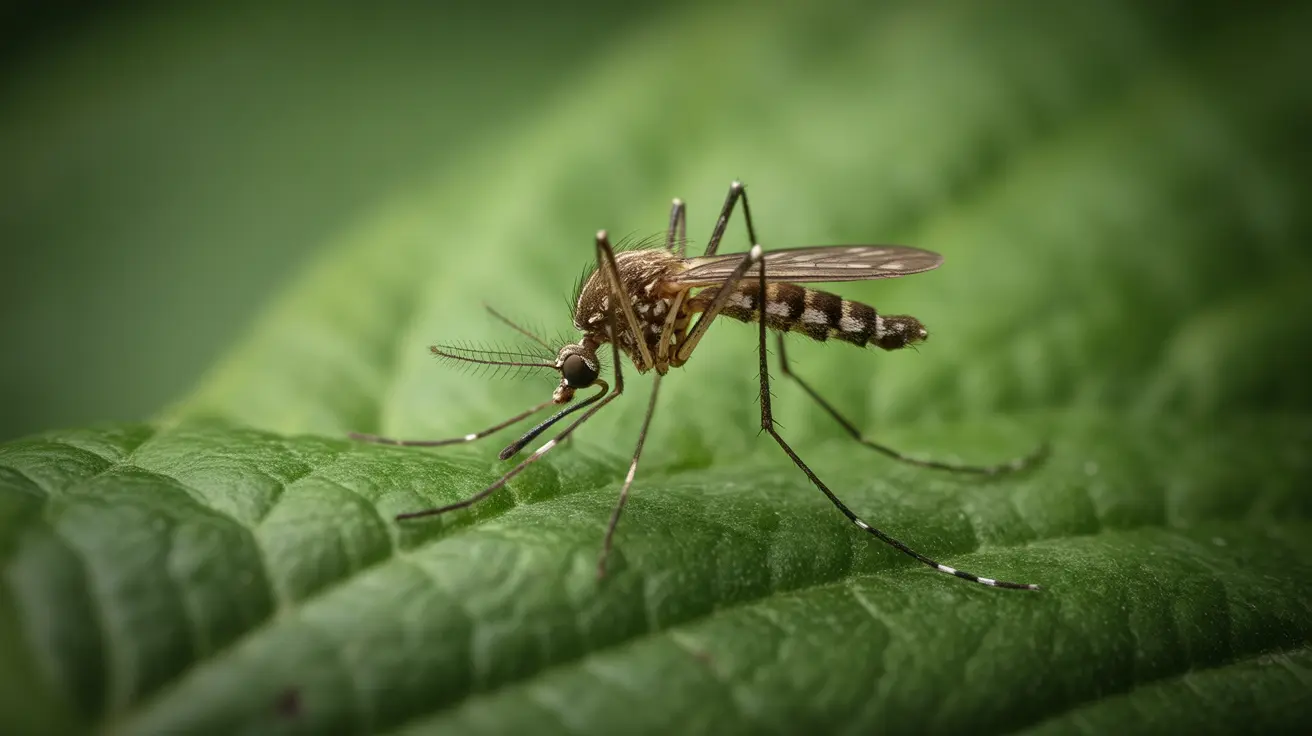Recent detection of West Nile Virus (WNV) in two animals in Ionia County, Michigan has raised concerns about pet safety as we move through 2025. With no available vaccines or treatments for WNV, pet owners need to be particularly vigilant about protecting their animals from this mosquito-borne illness.
The confirmation of these cases highlights the ongoing presence of West Nile Virus in Michigan's animal population, serving as a crucial reminder for pet owners to take preventive measures. This development is especially significant given the vulnerability of both domestic and wild animals to mosquito-borne diseases.
Understanding West Nile Virus Transmission
West Nile Virus primarily spreads through the bite of infected mosquitoes, particularly Culex species. While the virus can affect various animal species, it's important to note that direct transmission between pets or from pets to humans does not occur. The mosquito serves as the essential vector for virus transmission.
Mosquito-Borne Diseases in Animals
When it comes to mosquito-borne illnesses in Michigan, West Nile Virus represents one of the most significant concerns for animal health. The virus typically becomes more active during late summer and early fall, making this period particularly crucial for enhanced vigilance.
West Nile Virus Symptoms in Pets
Pet owners should be aware of potential WNV symptoms, although many infected animals may not show obvious signs. Common indicators can include:
- Lethargy or weakness
- Loss of appetite
- Neurological symptoms
- Fever
- Depression
How to Protect Pets from Mosquitoes
Since there's no specific treatment for West Nile Virus, prevention becomes the primary defense. Here are essential protective measures:
Standing Water Mosquito Control
- Eliminate standing water around your property
- Clean and refresh outdoor water bowls daily
- Maintain proper drainage in yard areas
- Keep bird baths and fountains clean and flowing
Effective Mosquito Prevention Measures
While DEET insect repellent is recommended for humans, it's essential to use only pet-safe mosquito deterrents for your animals. Consult with your veterinarian about appropriate insect protection products for your pets.
West Nile Virus Pet Safety Tips
To minimize risk during high-risk seasons:
- Limit outdoor activities during dawn and dusk
- Keep pets indoors during peak mosquito hours
- Maintain screens on windows and doors
- Consider protective clothing for pets when appropriate
Frequently Asked Questions
How can I protect my pets from West Nile Virus since there is no vaccine?
Focus on preventing mosquito bites through environmental control, limiting outdoor exposure during peak mosquito activity, and using vet-approved insect repellents designed specifically for pets.
What are the symptoms of West Nile Virus infection in dogs and cats?
While many infected animals may not show symptoms, watch for signs of lethargy, weakness, loss of appetite, and neurological symptoms. Contact your veterinarian if you notice these signs, especially during mosquito season.
Can West Nile Virus spread from infected pets to humans?
No, West Nile Virus cannot spread directly from pets to humans or between animals. Transmission occurs only through the bite of an infected mosquito.
The identification of West Nile Virus cases in Ionia County serves as an important reminder for pet owners across Michigan to remain vigilant. While we cannot eliminate all risks, understanding and implementing proper preventive measures can significantly reduce the threat to our beloved pets. Stay informed about local WNV activity and maintain consistent protective measures throughout the risk season.






